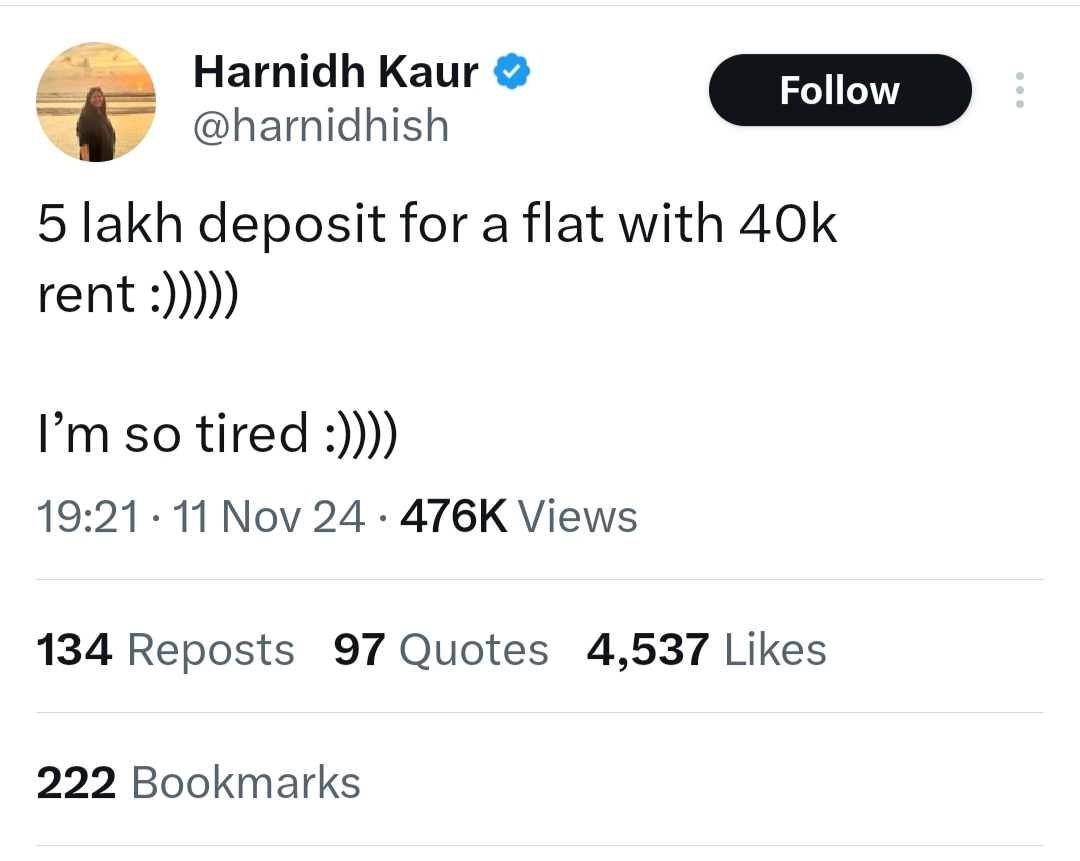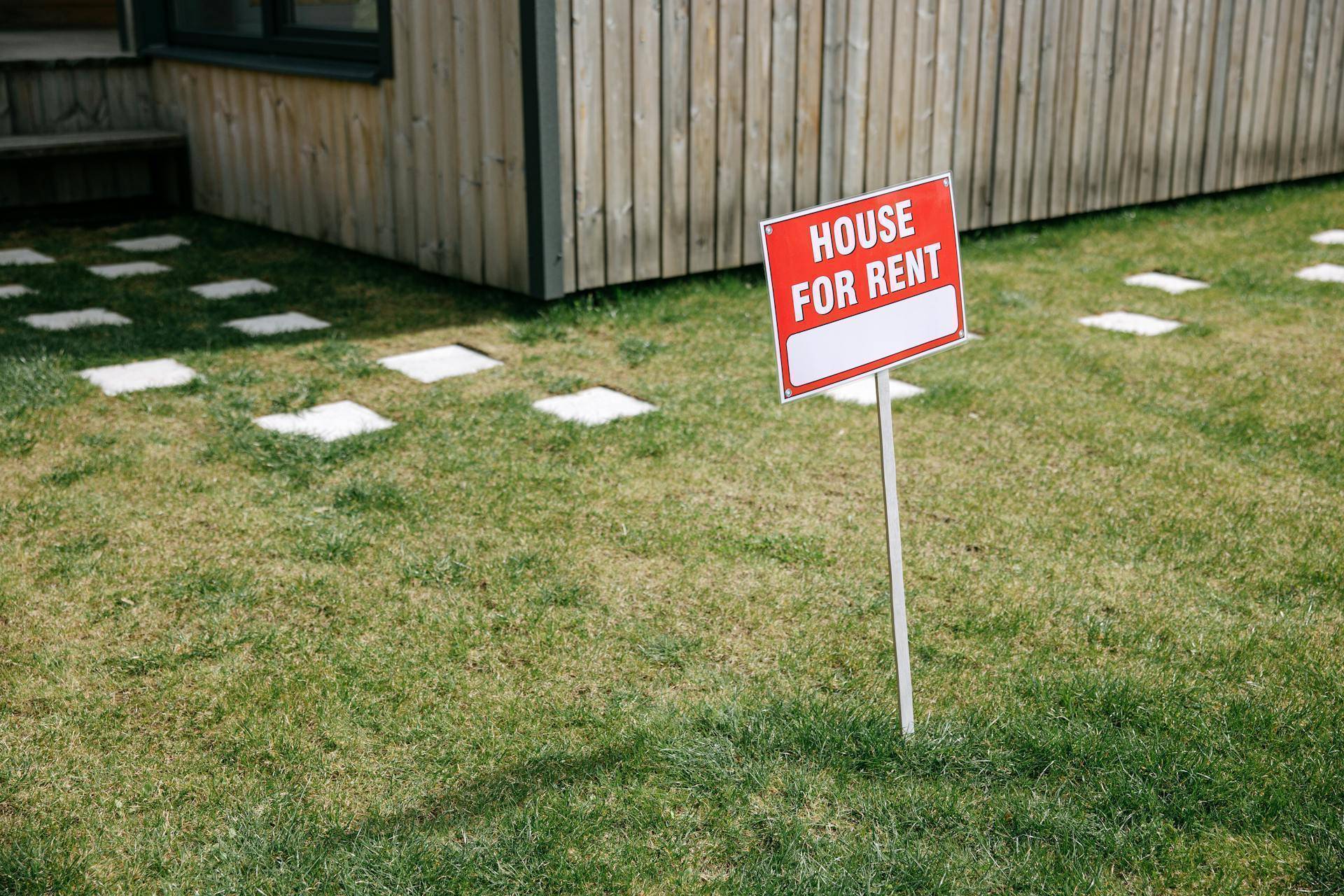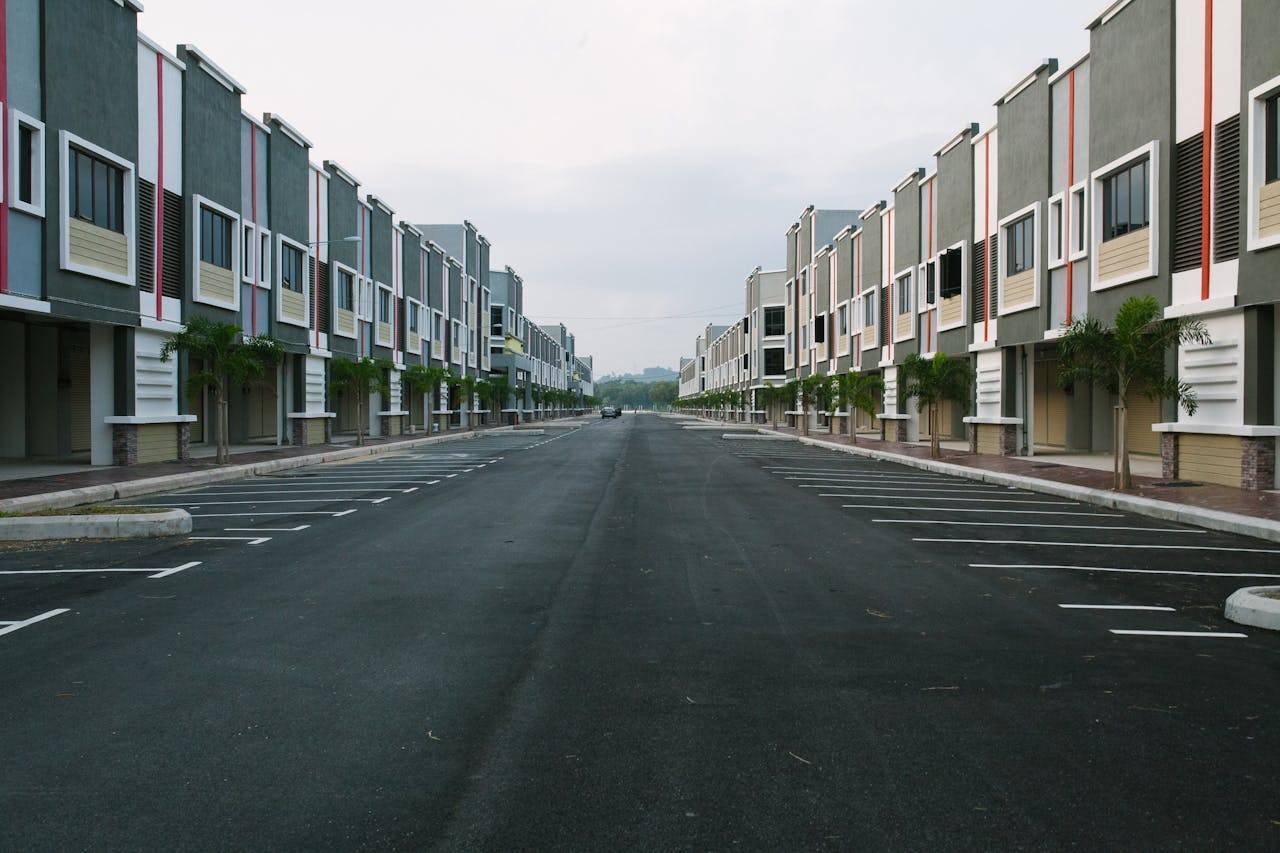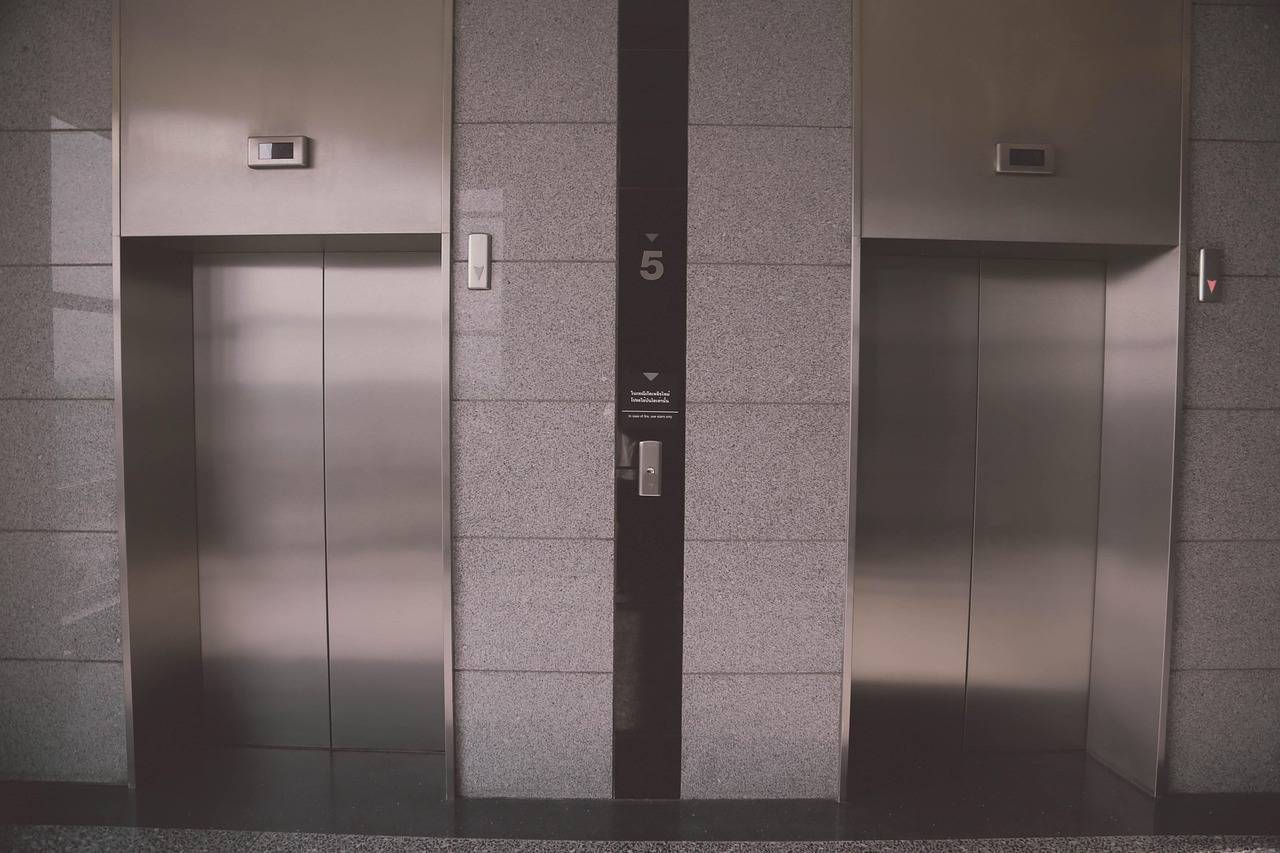In recent years, Bengaluru has emerged as a top destination for young professionals and tech enthusiasts, driven by its booming IT sector and flourishing startup culture. However, with the rapid expansion of the workforce and the influx of talent, Bengaluru now faces a significant challenges of skyrocketing rent prices and exorbitant security deposits that are putting housing out of reach for many residents.
These rising costs have become a growing concern, particularly for newcomers and young professionals, who struggle to afford both the initial deposit and the monthly rent, further complicating their ability to settle in the city. One such issue of high security deposits in Bengaluru has recently sparked widespread discussion.
Viral X Post Reignites Debate Over Sky-High Security Deposits in Bengaluru
Bengaluru resident Harnidh Kaur shared her story on X (formerly Twitter), explaining how a landlord demanded ₹5 lakh as a security deposit for a flat with a monthly rent of ₹40,000.

You can check the full tweet at X
One user shared, “No one asks for so much deposit unless there’s an agreement to compensate lower rent with a higher deposit,” adding that elevated deposits have become the norm in Bengaluru as a form of “security” for landlords. Fitness influencer Chirag Barjatya questioned the practice, commenting, “A year of deposit? Which city? When did this become a norm? How come this isn’t unethical?” Another user added, “Could be another reason for Nikhil Kamath to buy a house,” X user Niraj joked.
City-wise comparison of Security Deposits
Delhi and Hyderabad present more tenant-friendly options, with average deposits ranging from 2 to 4 months’ rent. In Delhi, many landlords only require a one-month security deposit, especially for unfurnished properties. Kolkata remains the most affordable among metros, with deposits generally capped at 1 to 2 months’ rent, along with comparatively low rental rates.
However, in Bengaluru, the norm has shifted, and landlords are increasingly asking for deposits that range from six to ten months’ rent or more. This practice has become more prevalent in popular residential areas such as Whitefield, Koramangala, Indiranagar, and Sarjapur Road, where housing demand far outweighs supply.
For example, a ₹5 lakh security deposit on a ₹40,000 monthly rent means the tenant must pay over a year’s rent upfront. This situation places significant financial strain on young professionals and newcomers who may not have substantial savings. It also forces many tenants to take loans or borrow money from family members to meet these upfront costs.
The Surge in Rental Deposits
According to a NoBroker.com survey examining data from January to March 2024, rental deposits continue to soar, with a 20% surge reported in the quarter. In addition to rising security deposits, rental prices have been seeing significant hikes across Bengaluru. Localities such as Electronic City, Banashankari, Sarjapur Road, Whitefield, and Jayanagar are witnessing sharp increases in rent, making it even harder for tenants to find affordable housing in these areas.
Why Are Security Deposits So High?
The demand for rental properties has surged significantly in Bengaluru over the past few years. With more people moving into the city due to its booming IT industry and startup ecosystem, the housing market has become increasingly competitive. In areas with high concentrations of IT companies, tech parks, and business districts, such as Whitefield, Sarjapur Road, and Electronic City, the demand for rental homes has skyrocketed.
Landlords justify high deposits as essential for property protection. With many Bengaluru rentals offering premium features such as modular kitchens, wardrobes, and access to amenities like clubs and gyms, they argue that substantial deposits safeguard against potential damage. However, tenants and property advocates counter that such high deposits tie up funds that could otherwise support financial stability, homeownership goals, or emergencies.
Moreover, reclaiming security deposits often involves numerous deductions and delays, compounding tenants' frustrations. Bengaluru landlords are also known to conduct extensive screenings, including resumes and even interviews, before approving tenants, and once accepted, tenants face a series of restrictions.
Soaring rents in Bengaluru have led to a surge in homebuying, with the median age of first-time buyers dropping from 42 to 34 in just three years, as millennials and Gen Z increasingly opt for homeownership over renting as per NoBroker.
The Consequences of High Security Deposits
The impact of these large security deposits on tenants is twofold. Firstly, it creates a significant financial burden, especially for young professionals who have just entered the workforce and may not have enough savings to cover the deposit. Many of them are forced to rely on loans or borrow money from relatives to afford the upfront costs.
Secondly, tenants often face difficulties in getting their deposits refunded once they move out. In many cases, landlords claim unjustified deductions for repairs, cleaning, or damages, making it harder for tenants to recover their money. These practices have led to an increasing sense of frustration among renters, with many questioning whether renting in Bengaluru is worth the cost.
The Need for Policy Reform
High security deposits aren’t unique to Bengaluru, but the issue has become particularly severe due to the city’s rapidly expanding housing market. Unlike cities like Delhi and Mumbai, which have introduced laws to cap security deposits at three months’ rent, Bengaluru has yet to implement similar regulations. Many believe that introducing such measures would bring more fairness and transparency to the rental market, making affordable housing more accessible to tenants.
To address tenant dissatisfaction with high deposits, zero-deposit rental schemes have emerged as a practical solution. These schemes allow tenants to pay a nominal one-time fee to secure a rental bond, which assures landlords against potential defaults. This approach seeks to balance the interests of both landlords and tenants, making rental accommodation more affordable and accessible.
The Model Tenancy Act, 2021, which is expected to be adopted soon in Karnataka, aims to address several rental market issues that the Karnataka Rent Control Act, 1999, has not effectively managed. This Act includes provisions that cap security deposits at two months’ rent for residential properties and six months for commercial ones. It also requires a written rental agreement specifying terms, and mandates that tenants obtain written consent from landlords before subletting.
Different innovative rental schemes and legislative reforms could help reduce the financial burden on tenants and create a more regulated environment for landlords. With greater transparency, tenants would have more confidence in the rental process and a better scope to recover their deposits when moving out
Bengaluru’s Rental Market Surge
In addition to the rising security deposits, Bengaluru’s rental prices have seen an upward surge over the past few years, further straining tenants. According to Anarock reports, rental rates in the city have increased by an average of 8% in the last quarter, making Bengaluru the second-highest city in India for rental growth. Popular areas such as Whitefield, Sarjapur Road, and Electronic City have seen significant increases, as more people seek to live close to IT parks and business hubs.
For example, a standard 2 BHK rental property in Whitefield has seen an increase in rent from ₹22,500 at the end of 2022 to ₹34,000 in Q1 2024, representing a 50% jump. Similarly, rents in Sarjapur Road have risen from ₹24,000 to ₹32,500 over the same period. This price surge is directly linked to the post-pandemic demand for residential spaces as employees return to offices and seek homes closer to work.
Role of Social Media in Raising Awareness
Social media has played a crucial role in bringing this issue to the forefront. Harnidh Kaur’s viral post has sparked a broader conversation, with many Bengaluru residents sharing their experiences and frustrations with high security deposits. Several social media users have pointed out the absurdity of having to pay a deposit that exceeds a year’s rent, while others have criticized the lack of tenant protection laws in Bengaluru.
These conversations have led to calls for fairer housing policies and regulations that would limit the amount landlords can charge for security deposits. The growing online movement has highlighted the need for greater transparency and fairness in the city’s rental market.
The Way Forward for Bengaluru’s Rental Market
Bengaluru’s rental market faces a significant challenge in balancing growth with affordability. If landlords continue to demand such high security deposits, they risk driving away the very talent that contributes to the city’s success. As demand for rental properties grows, it is crucial that the government and housing authorities intervene to create a more balanced and fair rental market.









.png)